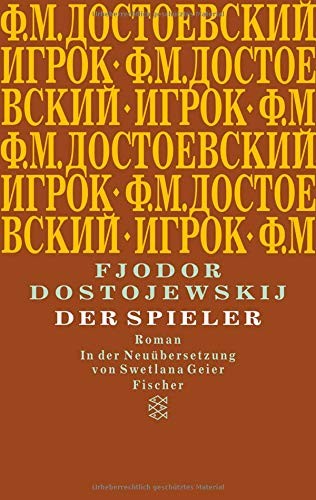Russian novelist Fyodor Mikhailovitch Dostoyevsky was a journalist and short-story writer, whose psychological penetration into the human soul profoundly influenced the 20th century novel. Dostoevsky's novels have much autobiographical elements, but ultimately they deal with moral and philosophical questions. He presented interacting characters with contrasting views or ideas about freedom of choice, Socialism, atheisms, good and evil, happiness and so forth. Dostoevsky's central obsession was God, whom his characters constantly search through painful errors and humiliations. ([Source][1])
Dostoyevsky's literary output explores human psychology in the troubled political, social and spiritual context of 19th-century Russian society. Considered by many as a founder or precursor of 20th-century existentialism, his Notes from Underground (1864), written in the embittered voice of the anonymous "underground man", was called by Walter Kaufmann the "best overture for existentialism ever written." A prominent figure in world literature, Dostoyevsky is often acknowledged by critics as one of the greatest psychologists in world literature. ([Source][2])

